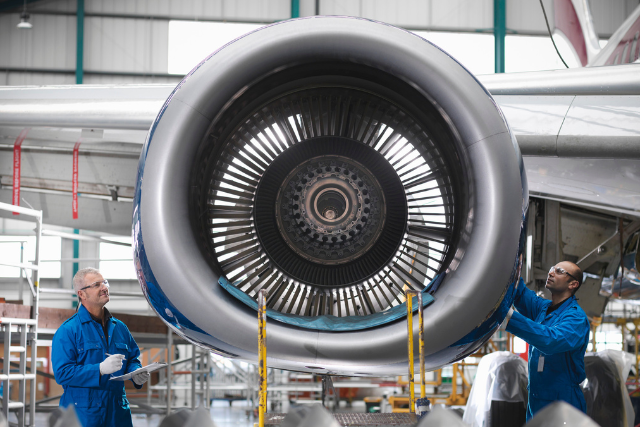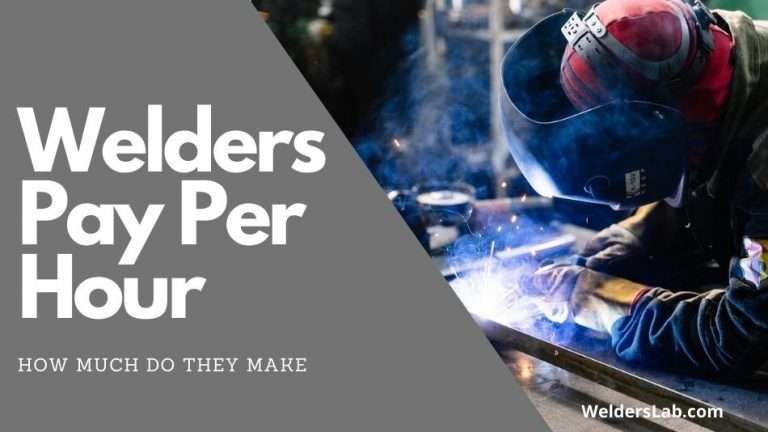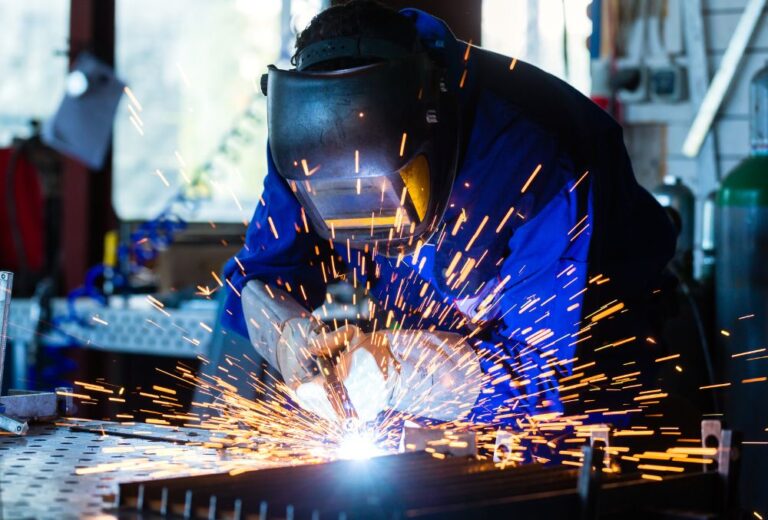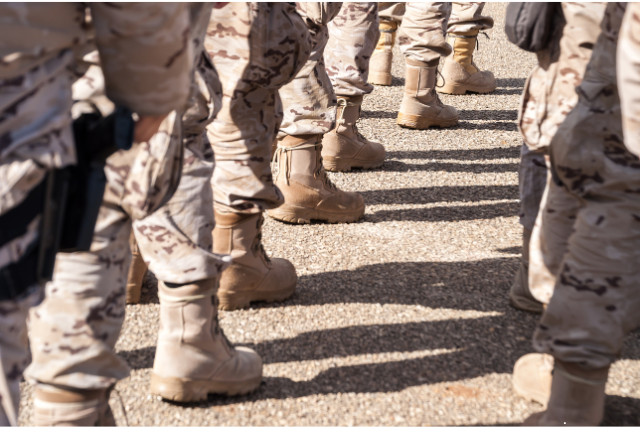What Are the Highest Paid Welding Jobs?
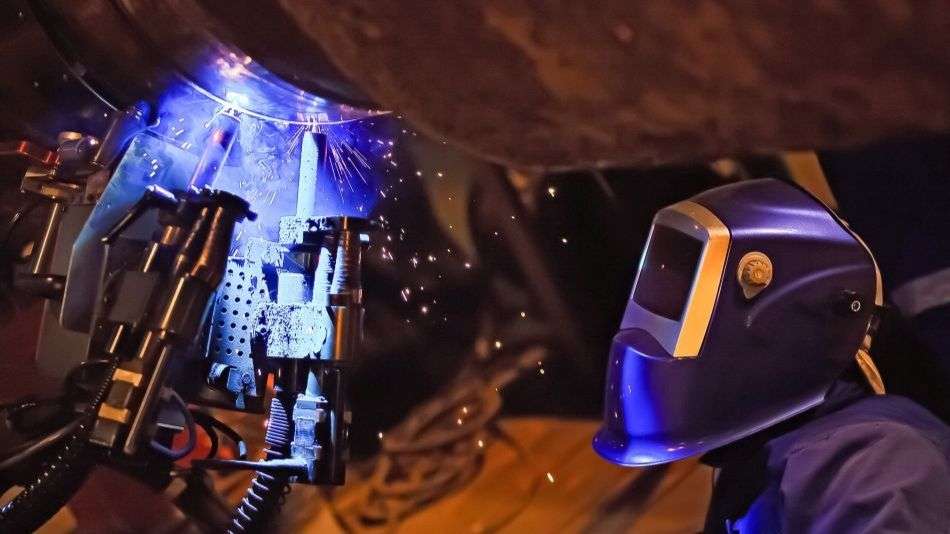
Welding skills are always in high demand because everything needs welding. Cars, planes, ships, buildings, piping… everything. They work in difficult and unpredictable environments, and the job can be incredibly dangerous.
What are the highest paid welding jobs? The top-paying welding jobs include pipe welders, underwater welders, military welders, nuclear welders, aeronautics welding, and welding inspectors. Altogether welders earn a median income of $42,451 but can earn significantly more based on the type of work and how dangerous the job is.
Because of the specialization, versatility, and skill required the job pays very well. While more specialized and dangerous jobs, like underwater and military welding, pay better, all welding pays very well. Entry-level welders are often paid $50,000 to $60,000 per year plus bonuses and overtime, even if they have less than 5 years of experience. (2)
Let’s take a look at the highest-paid welding jobs for 2020.
Highest Paid Welding Specializations
Let’s take a look at the career, first. Welders make a good deal of money, but some of them make quite a bit more money than others.
That’s because some of these require years of additional training and experience, while others require welders to work in very hazardous conditions.
Here are the highest paying specializations when it comes to specific types of welders.
#1 Pipe Welders
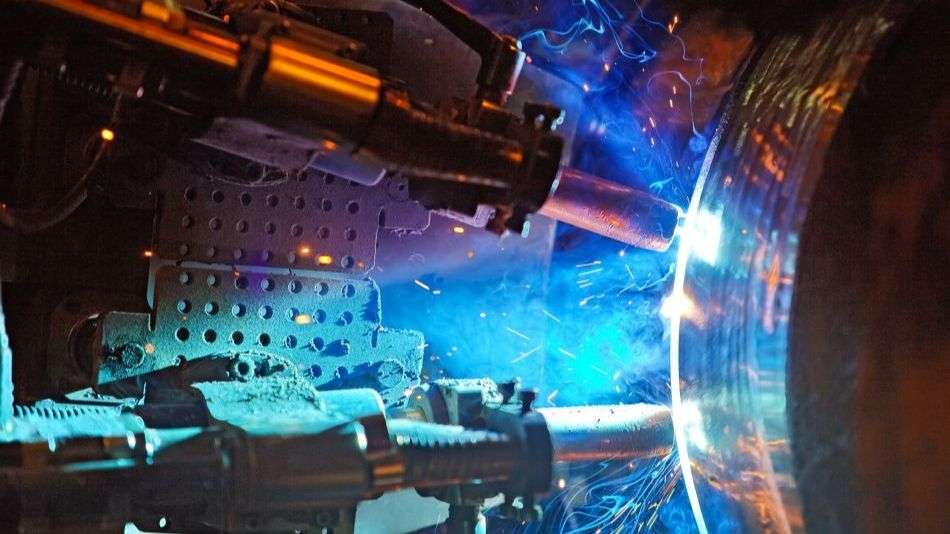
Median Salary: $49,580 per year
Expertise: Can read blueprints, joins, fabricates, and can inspect the quality of the weld.
The highest paying welding job is pipe welding. If you want to land on the high spectrum of this, you have to be willing to do some dangerous work and accept a lot of responsibility. These aren’t ordinary pipes; the pipe welders who make the most money are industrial pipe welders.
Our entire system is based on infrastructure. Everything from our roads to our manufacturing, even hospitals, functions thanks to a solid infrastructure.
Without this in place, society as a whole would collapse. This makes anyone who can fix infrastructure problems a massive asset.
The Dangers
For this reason, welders who have expertise with industrial pipelines like oil, gas, and water will always be in very high demand. That being said, oil, gas, and water pipelines can be extremely dangerous to fix, and a lot could go wrong.
For example, oil spills cost tons of money, to say nothing of the environmental impact.
That danger also comes with increased wages in the form of hazard pay, not to mention the fact that fewer welders choosing a dangerous job when they have families increases the salary demands even more due to scarcity.
Median Salary
When it comes to pipe welders, the median salary fluctuates. Experienced career welders can make upwards of $100,000, and even the base pay rate is nearly $40,000.
On average, these welders make around $60,000 per year. For the oil industry, that increases to $65,000, and for natural gas, it can be over $70,000. (1)
Pipeline welders also make more money because they need to know several different welding techniques rather than just the basics. They also work very long hours and shifts.
Skills
They work in a variety of uncomfortable positions, form humidity, to outdoor swamps filled with bugs, to the icy areas of Alaska.
Welders who can perform their job when standing in knee-deep water and welding pipes above them, for example, need to be extremely adaptable.
They must be well versed in the most difficult techniques, so they can perform the job without losing penetration required to properly fuse the joints together.
Pipe welders are in charge of repairing and fusing together the metal industrial pipes for industrial jobs. This ensures that they are safe and functional. These welders work in a variety of industries, including construction, automotive, ships, and even nuclear energy.
This position requires welders to undergo a training program and complete further, more intensive training, upon being hired for the jobs.
Another reason that pipe welders make more money is that there are even more positions and techniques for pipe welding than ordinary welding.
They involve an almost entirely unique skillset, which requires additional training and quick work in a variety of difficult positions.
#2 Underwater Welders
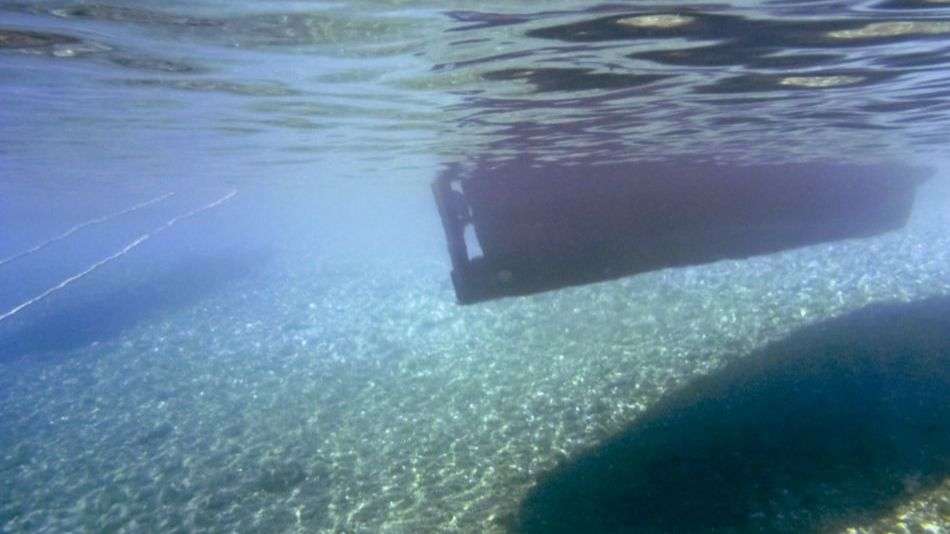
Median Salary: $61,000 per year
Expertise: Weld submerged underwater, work in odd positions, fabricate and repair. It requires extensive training and physical health in order to do this job.
Underwater welding is another welding position that is paid extremely well. This is the most dangerous form of welding – maybe even more than oil pipes. This makes underwater welding not only one of the best paying welding jobs but also one with the most job security.
These welders are tasked with performing welding jobs while being fully submerged in water. This introduces a wide variety of new risks, ad requires additional training beyond typical welding.
Underwater welders will need to specialize in this position, undergoing training in diving and SCUBA classes as well as learning to operate welding equipment while in the water.
Median Salary For Underwater Welding
The upside is that this job pays experienced and capable underwater welders up to $300,000 annually.
The median income for skilled welders is anywhere from $80 to $100,000 per year, and even the beginners make around $30,000 to $40,000 according to Payscale.
Skills
Underwater welders will need to master uncomfortable ad difficult positions and both wet and dry welding techniques before being capable of this position.
They will have to handle barometric pressure and be willing to travel all over the country for their job, maybe even across the world.
They use special equipment and the welding rods were designed for being underwater. The dry welding technique is known as hyperbaric welding because they weld in a sealed underwater chamber.
This hyperbaric chamber will keep the welder and the material sealed from water. The helium and argon will force the water out of the chamber so the welder can work.
Their extensive training requirements include diving proficiency skill tests, include SCUBA diving, topside welding, and underwater welding. They must pass tests with only the highest scores to be accepted.
The Dangers
Imagine being around 300 to 400 amps of current. This is extremely dangerous already. Now, add water. Completely submerge yourself and your electricity in that water.
The ability to perform your task without being electrocuted clearly requires a lot of training and skill.
Only welders who are already experts at all types of welding on land will even be accepted into the underwater welding training programs, and then they have a long road before becoming certified.
Commercial diving certifications require a lot more than just the basics of SCUBA. They will require welders to practice underwater in many different intense scenarios, learning how to avoid safety hazards and handle it when those incidents occur.
Even after receiving all this intense direction, they don’t get to go underwater for a while. They start as dive tenders, which are employees hired on as apprentices until they learn the industry.
#3 Military Welders
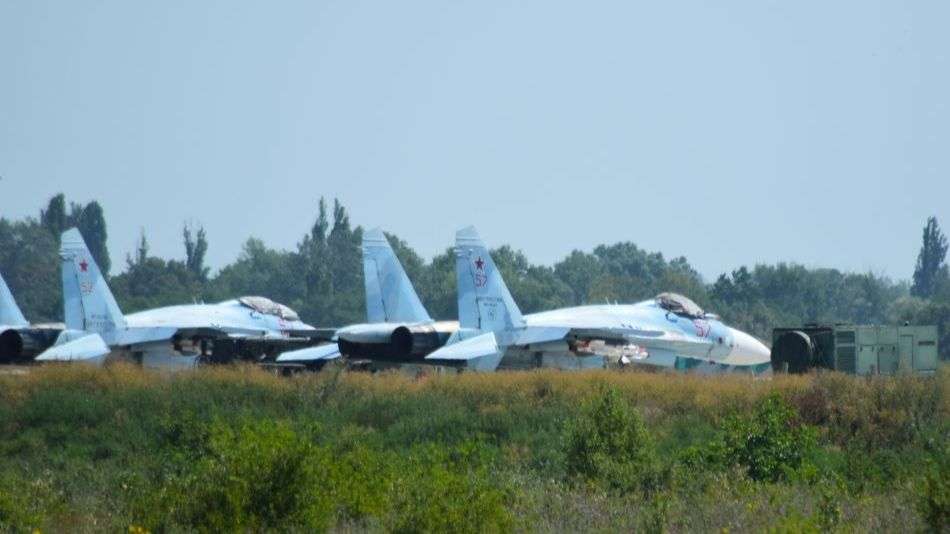
Median Salary: 60,000 per year salary
Expertise: Must be highly skilled in welding who can work on a variety of projects.
Welders who choose to support military operations can also make quite a bit of money. This job pays anywhere from $20 to $30 per hour. (1)
These welders will be working on a ton of different types of equipment under a variety of conditions, so they will need to know a lot of different methods and techniques, and be skilled in different positions.
Skills
Military support welders are in charge of maintaining and repairing military equipment of all different types, form vehicles to weapons to warehouses. The job pays well because it can potentially be very unsafe to work in military circumstances.
This job requires welding specialization and training for the branch of the military you choose to follow. The nice thing about that is that the military also offers fantastic benefits. On top of having hazard and combat pay, you will have all of their benefits plus the high pay for a skilled position.
Welders who are in military support positions are in very, very high demand. This is because they have one of the most dangerous jobs around, even compared to working underwater. Their jobs take them anywhere in the world. They may even be repairing pipelines in the Middle East or working in shipyards, which crosses into underwater welding territory.
The Dangers
In the Army, welders are working on the ground. Their job is primarily to maintain equipment and vehicles. This can be dangerous because they will frequently end up repairing vehicles that have broken down in the field. This means they will need to perform welding jobs quickly and ensure their strength, while potentially under fire.
The Airforce needs welders that are extremely specialized and skilled in all techniques. They will always be in a shop. Their job includes fabricating, fitting, and welding the metal components required for aircraft. Their work is extremely complex, and the plans of these aircraft are extremely sensitive and top-secret, so they will need to undergo security clearance checks, too.
In the Marines, welding jobs are more dangerous than any other branch but they are also very rare, so you will have a lot more downtime than other branches. These welders are paid as Military Occupational Specialization (MOS) workers. These welders often work with other military branches between jobs and are paid more for their versatility.
The Navy is a great place for new welders to find a home. In fact, Norfolk, Virginia even has a welding school right in the Navy shipyard. All of the Navy ships are made from metal, so welders will never run out of work when it comes to repairs, maintenance, and fabrication. A lot of Navy welders choose to further specialize in underwater welding, earning the highest pays of nearly any welder or military personnel.
In the National Guard, welders are far less likely to see active combat situations. They also know that they won’t be assigned to other parts of the world. They can remain in the United States. They will repair and fabricate a lot of different equipment with precision and detail.
The Coast Guard welders are often contracted and don’t need to remain active members of the military. They can perform several different jobs. They usually repair lighthouses and maintain boats and small maritime vessels.
#4 Nuclear Welding
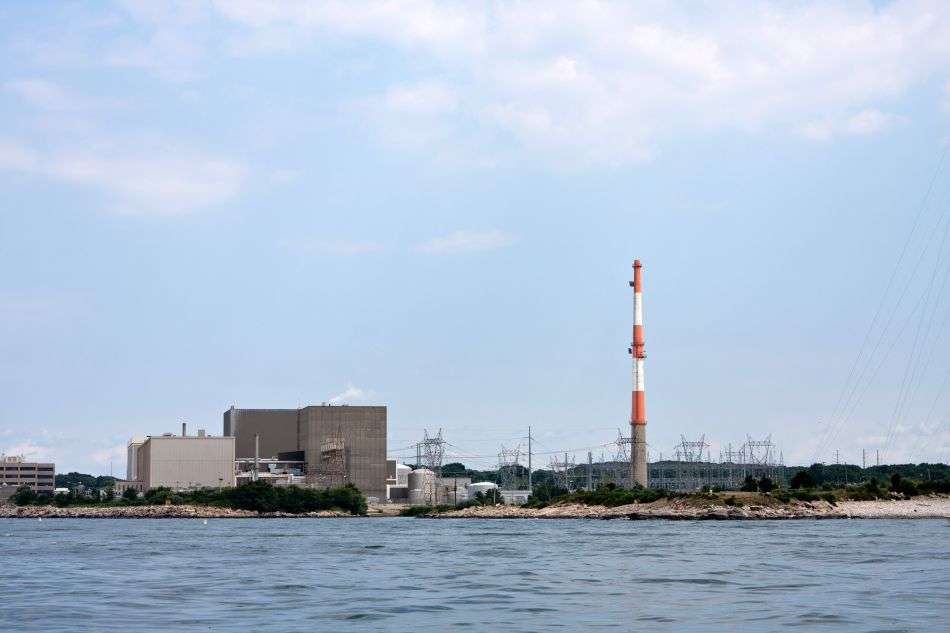
Median Salary: $87,011 per year
Expertise: Work in an extremely dangerous environment near nuclear materials. Requires extensive training and safety precautions.
Nuclear welders can work in any industry, but they have received specialized training and additional training.
After an intense screening process, they become certified to work in nuclear zones. This process also includes an FBI clearance process. (2)
Skills & Dangers
Class 1 nuclear welders handle nuclear reactors and cooling systems. They must weld from within the hot water that the reactor uses for cooling. This process requires speed and precision because they are only able to withstand it for minutes at a time.
The Class 2 nuclear welders handle the parts of the cooling system itself but aren’t required to dive into radioactive water.
Class 3 nuclear welders don’t deal with nearly as much exposure as the other 2 classes. They handle the parts that support the Class 2 components.
#5 Welding Inspectors

Median Salary: $66,556 per year
Expertise: Must have several years of experience, inspect weldments to determine strength and durability, and document all inspections.
One of the most desirable positions in the entire welding industry is a career as a certified welding inspector (CWI). These inspectors are paid nearly $70,000 annually or more because they have a lot of responsibilities placed on their shoulders.
Skills
These welding inspectors are the ones who test welds for safety. They perform various tests to determine whether there are any cracks, problems with penetration, durability issues, or defects in the weld that could cause catastrophic failure.
These welders use magnifiers and various tools that will stress test welds after checking them visually, to ensure the strength of each job.
They also inspect various areas within the job, including the quality of the materials being used, the safety and functionality of all equipment, and reviewing documentation and plans.
Welders need a minimum of 5 years of industry experience before they can apply to be a CWI. If they have an associate’s degree in engineering technology, they only need 3 years of experience.
This is because of the risk they are assuming. If anyone dies or gets injured because a weld was unsafe or performed inadequately, the welding inspector is the one who will be held responsible for the disaster.
The good news is that there are a lot of options for certified welding inspectors. They can remain self-employed as independent contractors and consultants or work for a specific company. There are opportunities all across the country.
Highest Paid Welding Locations
For welders who don’t want to work in hazardous conditions, there are still some ways to increase your income. Location factors into welding a great deal of the time.
This means that if you want to make great money welding, but you don’t want to join the military or receive additional (and often costly) training for underwater, nuclear, and various other techniques, you can simply choose where to weld and move there. Here are the places that pay the most money for welding. (3)
Side Note: Keep in mind that, although you are decreasing the risk when it comes to the welding type, the risk is also what increases the pay. The location has a similar effect. Welding in remote locations may not be as fun as welding in cities and populated areas, but it almost always pays better because of this. Undesirable environments will pay better.
Alaska

The place that pays the most for welding jobs is in Alaska.
It has a wealth of welding positions available and because it is so isolated from the rest of the States and, for most of the year, covered in snow and seemingly uninhabitable.
It’s a great place for welders, though. Beginners are encouraged to arrive and paid well. The shipyards of Alaska are constantly offering positions to welders, even those who have just graduated. Shipping is also a great business for learning new skills and quickly improving your own.
Alaska’s economy is also growing. Over the last couple of decades, Alaska has been a very safe place to build your future. They also recognize the difficulty of their environment.
For the coldest part of the year, welders who work outdoors are given a pay rate increase of 30%! On top of that, they will also receive an additional 20 to 30% bonuses.
Although you may end up having an eternal night or eternal daylight for several months depending on what part of Alaska you move to, it is breathtakingly beautiful.
Bob Ross’ happy trees live in Alaska, where the artist was stationed. You can even see Aurora Borealis from your home when you live in Alaska.
Salary
The average welder makes anywhere from $13 to $40 per hour in Alaska, before overtime and bonuses. Average welding salaries are $60,000 to $70,000 per year. (4)
North Dakota
A lot of people overlook North Dakota because it doesn’t really have any massively famous cities or landmarks. That is a mistake because it also has one of the lowest costs of living compared to any other state.
For welders, it is an especially great place to settle into a career. Despite the low cost of living, the salaries are pretty high for welders here.
That’s because they also have an economy that is based on the oil industry. The oil business is growing rapidly in North Dakota.
North Dakota also offers some winter pay increases because of their very cold winters and hazardous driving and road conditions in blizzards. Despite that, it is a very safe place to live thanks to their low crime rates. It’s also got some beautiful hiking trails.
The state has endeavored to bring the best welders to their borders. They do this with competitive salaries, but they also do this with their welding competitions. They host an annual competition for welding students to display their talents and attract recruiters.
Salary
On average, salaries in North Dakota range anywhere from $54,000 to $80,000 per year. Their hourly wage of $18.27 on average is 10% higher than the national average. (5)
West Virginia
After the coal industry, West Virginia is no stranger to paying well for hazardous jobs. Welding is no exception to this tradition. The state has innovating, becoming less well known for coal than for aerospace, energy, and automotive.
This means that there are tons of jobs available for welders, and since the demand is so high, so are the salaries! On top of that, there are oil and gas industries also in the state. This means even more jobs doing fitting and pipe welding.
Despite high salaries, West Virginia has a very low cost of living. This means that not only will you be making good money, but it will feel like that money goes even farther because of the low cost for anything in the state.
West Virginia is gorgeous, with tons of beautiful scenery and hiking. It’s also got tons of natural resources and very advanced technology. A lot of people in the biotech and chemical industries move there.
Salary
Welders can earn around $26,000 a year as a beginner, with experienced welders making around $75,000 annually, or roughly $36 per hour. (6)
Keep in mind that although the $26,000 per year seems low, it amounts to $40,000 in California and over $50,000 in New York when the cost of living is factored into the equation. (7)
Hawaii
One of the most gorgeous places to live in is Hawaii. A lot of people love to vacation there, but it has very few residents because it can be isolated. If you want to work and live in paradise, then give Hawaii a chance.
In Hawaii, there are nearly 20 offshore oil drilling companies. All of them have offshore oil rigs. This means that there is a very high demand for welders to work on these rigs for these companies.
The state is very attractive for commercial companies to develop projects because of their oceanic connections and beautiful weather.
Salary
Because the demand is high, salaries in Hawaii are also higher than average. Annually, salaries average around $60,000.
Hourly wages run a little over $27, with beginners making almost $18 per hour and experts making nearly $40. (8)
Wyoming
Another great place is Wyoming. It’s a beautiful land full of national parks, monuments, and history. The winters are pretty cold and brutal, but the rest of the year is beautiful and the people are very nice.
Not only is the state full of history and beautiful scenery, but it’s also ideal for paleontology, geological discovery, and natural resources like gas, coal, ad oil.
The natural resources in Wyoming supply more of America’s energy than anywhere else in the world.
Salary
The energy extraction offers tons of jobs for welding in an industry that just keeps growing. On average, salaries are anywhere from $57,000 to $60,000 every year.
Starting wages begin at $17 per hour and grow to over $40, with an average hourly pay of $27.59 per year. (9)
Nevada
Viva, Las Vegas! Although most of the state of Nevada is nothing but an expanse of desert land that gets almost o rain every year, it’s a great place for welders. The Mojave Desert an Great Basin are dominant aspects of the southern Nevada landscape.
Despite the stereotype, Nevada’s mountain regions are actually pretty snowy in the winter, home to several ski resorts. The state plays host to tons of manufacturing and mining companies, both automotive and oil.
Salary
These industries have tons and tons of welding jobs with a growing economy. Welders in Nevada make about $49,000 on average, with the average hourly rate of $21. (10)
Conclusion
As you can see, the answer to the question “what is the highest-paid welding jobs” doesn’t have a specific answer. Wages vary based on specializations, locations, and other factors like the cost of living and job security.
Welders who want to get paid more should seek out additional training in specialized areas of expertise. As with any industry, expertise and specialized skills always pay higher than general skills. Experience also earns extra money.
A willingness to work on more dangerous worksites, with more difficult job requirements will increase your opportunity for higher-paying jobs. The same is true for those willing to work in more remote locations, or difficult climates.
What kind of welding job are you considering? Do you think it would be fun to weld underwater, travel with the military, or settle down somewhere beautiful but remote?


